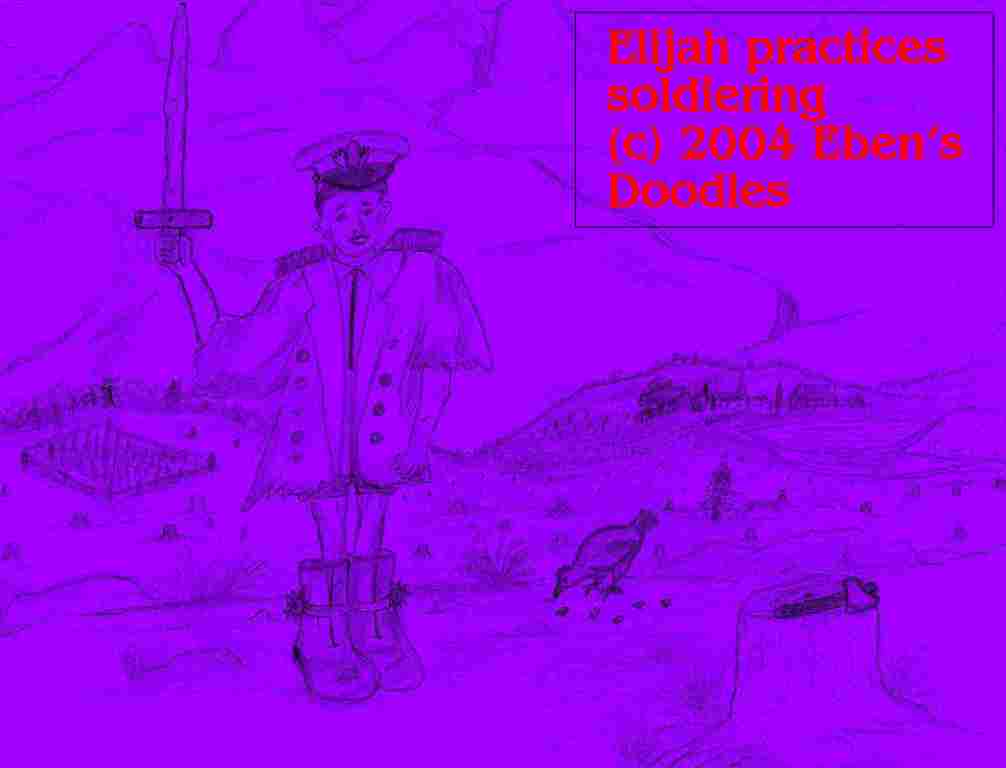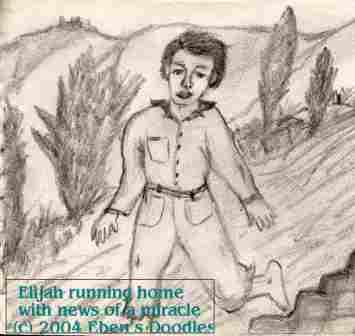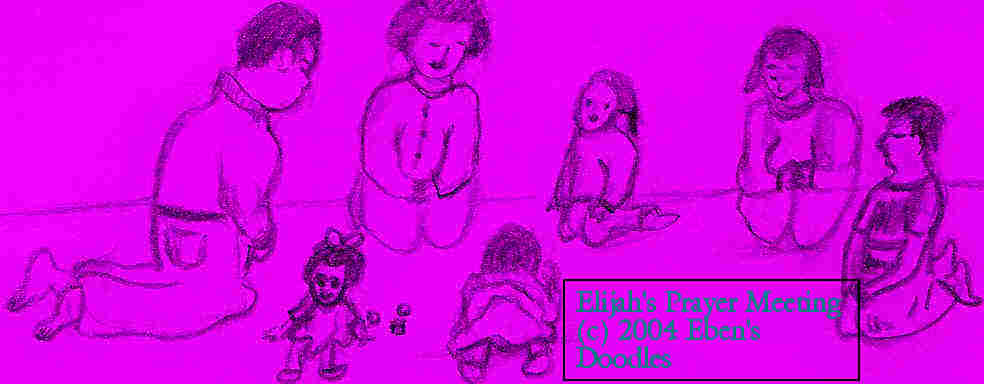Chapter 2 - True Riches
Nazi Germany held Romania in an iron vise, squeezing all life from the nation until Soviet armies came to "liberate" us. Our national riches were vital to the war machines of both the Axis (German, Italy, and Japan) and Western Powers. Romania's oil installations, according to Churchill, were the "taproot of German might."
I was four years old when U.S. bombers attacked the refineries at Ploesti, north of the capital. In 27 minutes the secret operation coded "Tidal Wave" was over. Three hundred airmen died and 57 bombers were destroyed in the heaviest anti-aircraft barrage in all Europe; but the "taproot" of Nazi Germany"s war machine was in flames.
Yet Romania had suffered much more in the past from the German juggernaut. In World War I the Central Powers of Germany and Austro-Hungary invaded Romania when she chose to side with Britain and France in the conflict. For that Romania was attacked and was, because of her small army and isolated position, easy prey. Our sovereignty was almost snuffed out by the invading Germans by the time the Central Powers collapsed Though Romania had been forced to sign an armistice with the invader, she was awarded much territory at the peace conference after the war because of her valiant stand. The nation nearly doubled in size, increased by territory mostly Romania in population.
My father was German, born in Romania, and my grandparents had business ventures in the old Austro-Hungarian Empire, so my family was not anti-German in sentiment. Neither was Romania against German culture, for Romania had a popular German-descent dynasty that went back to 1881, when King Karol of Germany's royal house of Hohenzollern-Sigmaringen was officially proclaimed king. The Coroama family owned mills and large estates in the country, which were run feudal-style, with many serfs and servants. They lived like other country gentry, enjoying the life style of the rich.
When cold winter weather had passed, stately houses throughout Romania sprang to life with festive gatherings admidst clipped green grass and formal gardens full of flowers. Keen to take part in gala balls were the Gypsies. Poplar-lined roads were full of caravans as they hurried to entertain the gentry with wonderful virtuosity on their violins. It was a common sight to see Gypsies in bedraggled, threadbare clothes, cavort and dance and make music, in bizarre contrast with their hosts in the dinner jackets and sequined gowns ordered from Paris. Such events paid the Gypsies well, so they were always available when such events were held.
But the Nazis stripped Romania to the bone, and the gentry were soon impoverished. By the time the communists were in power, Romania was not even a shadow of what it had been before the Second World War. Despite the loss of our family fortune, I tried to make the best of reduced circumstances, as only a little boy can. After school I loved to take friends and play "army." I was the captain. I dressed the part in some old bits and pieces of a uniform.

Soldiering was a great game. We all loved parading about in formation and going on various military maneuvers. But soon the grim realities around us took playtime away
I was twelve years old (1952) when my oldest brother and I saw two neighbors miraculously healed of cancer. I knew they were not believers in Christ as personal Lord and Savior as our mother was, so I was amazed. How could God heal people who cared nothing for Him, I wondered? It was then that I was struck in the heart, as by a lightning bolt, with the saving love and grace of God. At that moment my heart and life were surrendered to Jesus. So we ran home to tell Mother the news, not only about the healing, but how Jesus had come and entered into our hearts.

Mother could share our joy. For Peter and me, the coming of Jesus Christ into our hearts meant life would never be the same. An older sister did not understand, however. Neither did some relatives. Most Romanians believed going to Orthodox services a few times a year was enough to make them Christians. My friends did not understand my experience and left me. Yet later, some returned and became joyful believers in Jesus. Though a mere boy, I started prayer meetings at home, inviting children and young people to come.

But this was just the beginning of Christ's life in me. On becoming a believer in Jesus, I gave up my dreams of storing up earthly wealth and treasures.
My family had once known great wealth. But Christ, the Good Shepherd of Psalm 23, promises to take care of His children. I decided to trust Him alone for my needs. Perhaps the loss of the family fortune was for the best. Never could we build again on the foundation of the old life and the world. The Coroamas had found a new and greater Treasure in Jesus.
Joining with fellow believers in Jesus, I witnessed of the Savior in poems and songs throughout Romania. Original poems of up to one hundred lines flowed from my heart. Everyone acknowledged that it was a gift of God. People wept when they heard poems glorifying the Savior pouring from a schoolboy.
But without Father life was hard. All five of us children worked however we could to support the family. From the earliest age I earned a few lei tending sheep and did farm work for people during school vacations. It required long hours of labor in order to survive. Our sandwich for lunch consisted of a lone piece of cheese. But Mother trained us well and loved us. She dressed us in clean clothes without the benefit of a modern washing machine.
At school the children training for the Young Communist League were privileged to wear bright, red scarves with their blue uniforms. I felt, nevertheless, honored as a child of God. Though despised for my faith, and not acknowledged academically when my scholastic performance proved superior, I remembered the pain and humiliation the Savior suffered in this world:
O Lamb of God, please grant me strength
To stand and suffer for your Name;
How else may I full know the length
And depth and height of Love Who came?
|
Chapter 3 - The Shepherd Boy: Walk in the Light Home Page: Butterfly Productions Home Page: Retro Star Directory and Linking Page |